1. “Don’t ask for nothing, don’t touch nothing.”
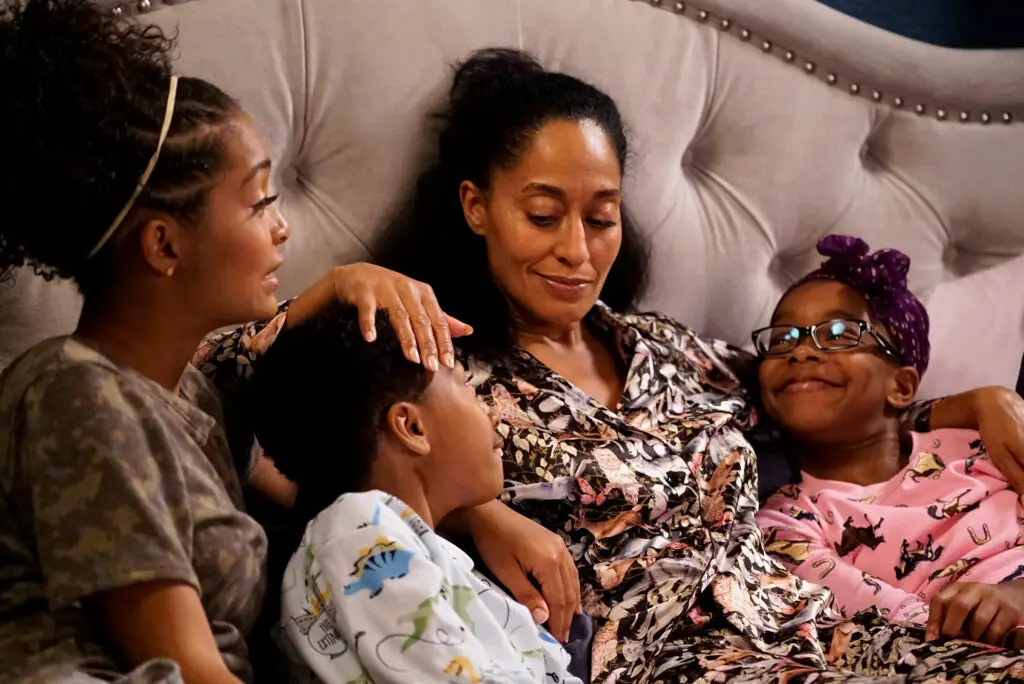
If you grew up hearing this right before stepping into a store, you already knew the deal. This wasn’t just a rule—it was a survival tactic. It meant your mama was not about to let you embarrass her in public by begging for snacks or toys. And God help you if you did touch something. The look alone could drop your little hand mid-reach says EBONY Magazine.
It also taught you early how to move through spaces with respect and caution. You didn’t realize it then, but you were learning boundaries, self-control, and how to read a room. It was less about the stuff and more about not giving folks a reason to think less of you. That warning was wrapped in love and pride adds Brown Mamas.
2. “You got McDonald’s money?”

You could almost hear the sarcasm dripping off this one. It always came in response to asking for fast food on the way home from somewhere. In one sentence, your dreams of nuggets and fries vanished. You might’ve had the money, but the answer was still no—and you knew better than to push shares Code Black.
What they were really saying was, “I’m not spending unnecessary money, and you need to learn that everything costs.” It taught financial awareness early, even if it stung in the moment. This phrase reminded you that nothing in life is free, especially not when you’re riding in your mama’s car. It was a soft lesson in budgeting before you even knew what a budget was says Blavity News.
3. “Stay in a child’s place.”

This one came out quick if you tried to chime in on grown folks’ business. It was like a verbal barrier, reminding you there were levels to this life. You couldn’t weigh in on adult conversations, even if you thought you had a good point. You’d get shut down before the sentence even landed.
But behind it was a reminder that kids had their own world to navigate, and adults had theirs. It wasn’t about being mean—it was about protection and keeping your innocence intact. Grown folks’ problems were heavy, and this phrase shielded you from carrying more than you needed to. It was a warning to enjoy your childhood while you had it.
4. “You smelling yourself.”
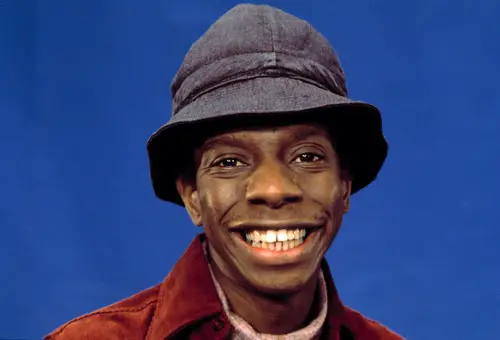
This one always hit during those early teenage years. It came out when you started getting a little too confident, walking around with a new attitude like you ran the place. It wasn’t about hygiene, even though it sounded like it. It was about humility and not letting that newfound independence go to your head.
The phrase was a loving—but firm—way to bring you back down to earth. It said, “I see you changing, but don’t forget who raised you.” It was a check-in disguised as a jab, letting you know that respect was still required. And if you didn’t listen, the next “conversation” might involve a wooden spoon.
5. “Keep on and see what happens.”
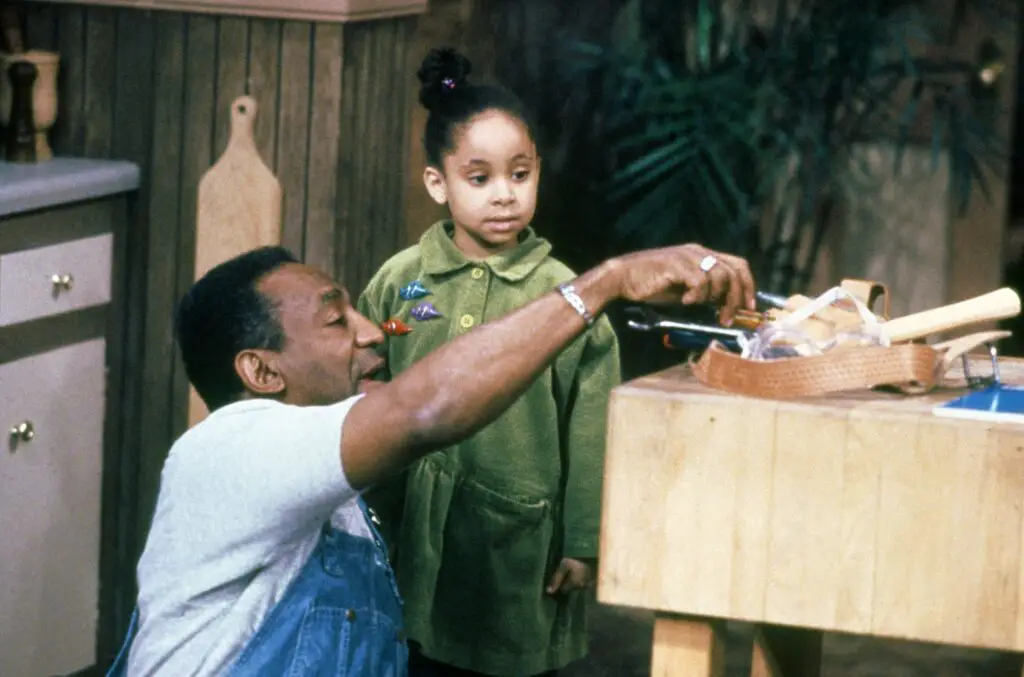
Now this was the classic vague threat that sent shivers down your spine. No follow-up needed—just those words and a long stare. It meant you were on thin ice and skating fast. It gave you one last chance to fix your face, stop talking back, or sit down somewhere.
This phrase left just enough to the imagination to make you fall in line without question. It was brilliant, really—no yelling, no fuss. Just a warning wrapped in mystery. And it usually worked, because nobody wanted to find out what exactly would happen.
6. “A hard head makes a soft behind.”
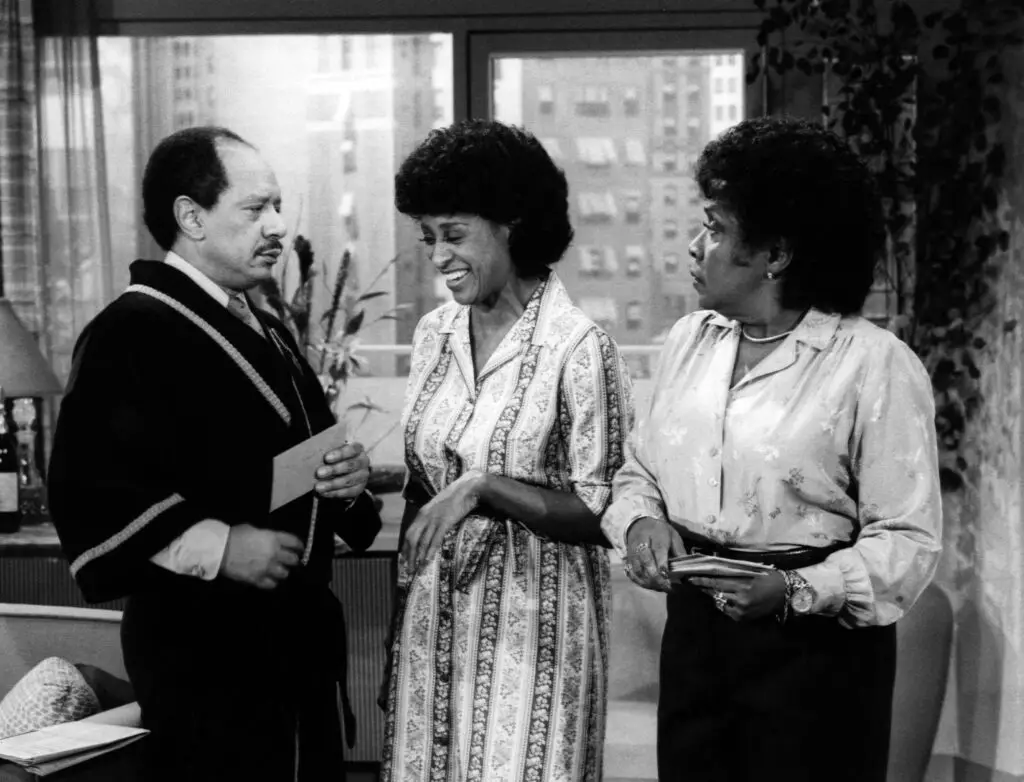
This was the follow-up when you didn’t listen. It was the elder version of “don’t say I didn’t warn you.” You thought you knew better and went ahead anyway—and now here comes the consequence. Whether it was a lecture, a punishment, or a quick pop, the message landed.
It was a warning that choices come with outcomes. And often, it meant your behind was about to pay for your brain’s refusal to cooperate. But it wasn’t just about discipline—it was about cause and effect. They were teaching you that the world won’t always be gentle if you’re stubborn.
7. “I brought you into this world, and I can take you out.”
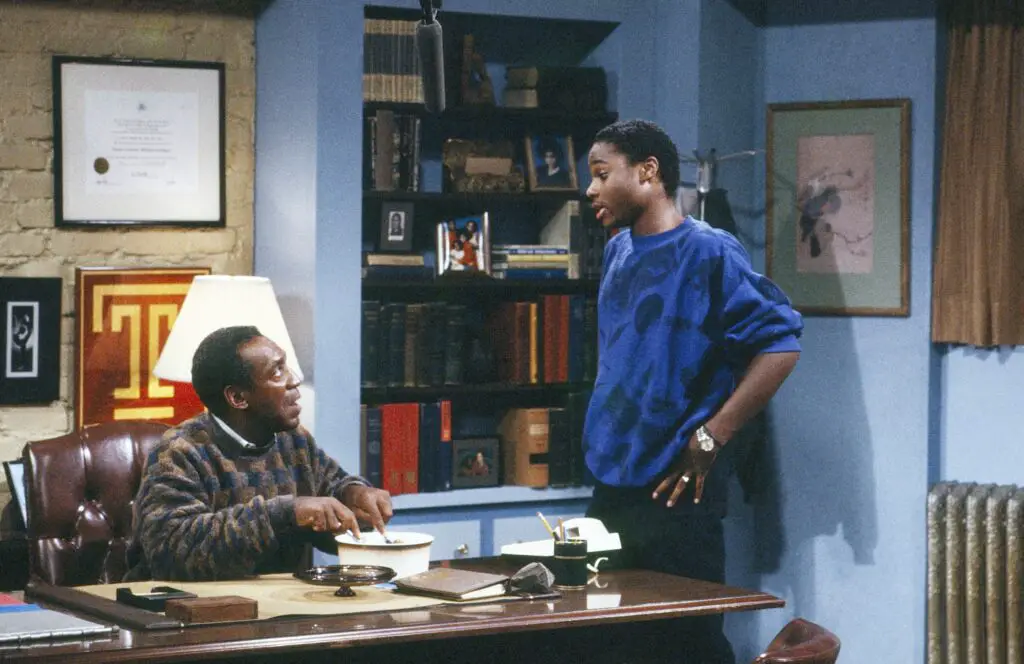
This one was dramatic, sure, but it felt real when it was said. Usually, it came after you did something especially bold—like talking back or rolling your eyes. The room would go quiet, and the air got tense. That sentence packed more power than any threat of grounding ever could.
It was a reminder that your parents gave you life—and they weren’t about to be disrespected. Underneath the tough talk was a deep bond and the kind of authority built on love. It was less about actual danger and more about resetting the hierarchy. They were saying, “I love you, but don’t play with me.”
8. “Fix your face.”
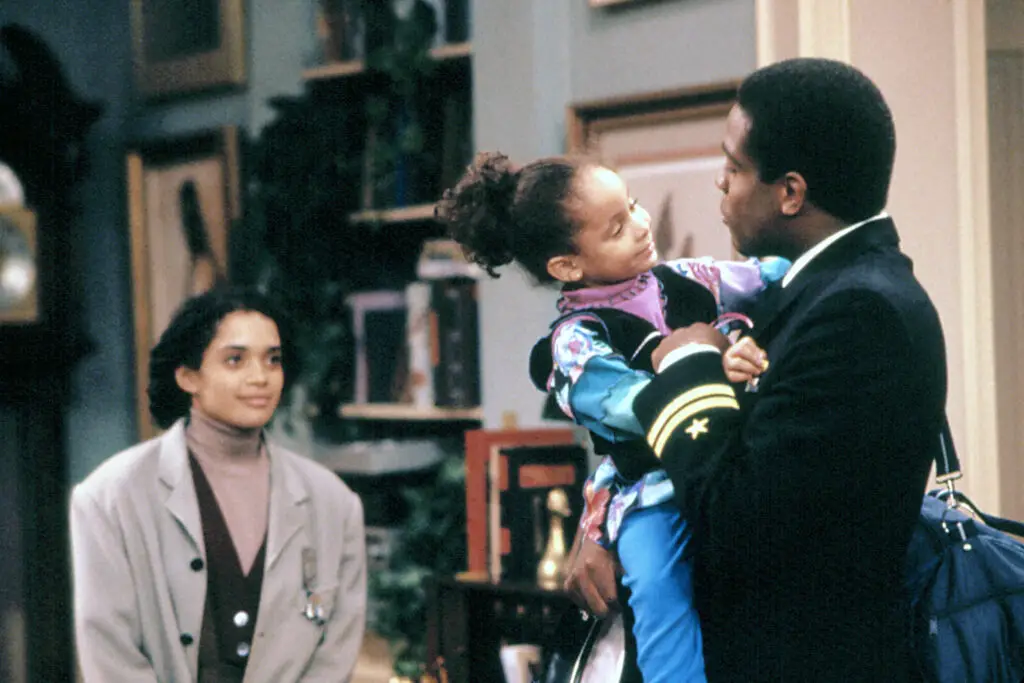
No tears, no pout, no side-eye allowed. If you were mad or sad about a decision—especially in public—you had about two seconds to get it together. That phrase was a quick cue that your feelings weren’t about to override the moment. And if you didn’t respond fast, you’d get the look that followed.
It was more than just a warning—it was a lesson in composure. Your parents were saying, “You don’t let the world see you break.” They knew the world wouldn’t always be kind, so they taught you early to master your expression. And just like that, you learned the art of the poker face.
9. “This hurts me more than it hurts you.”
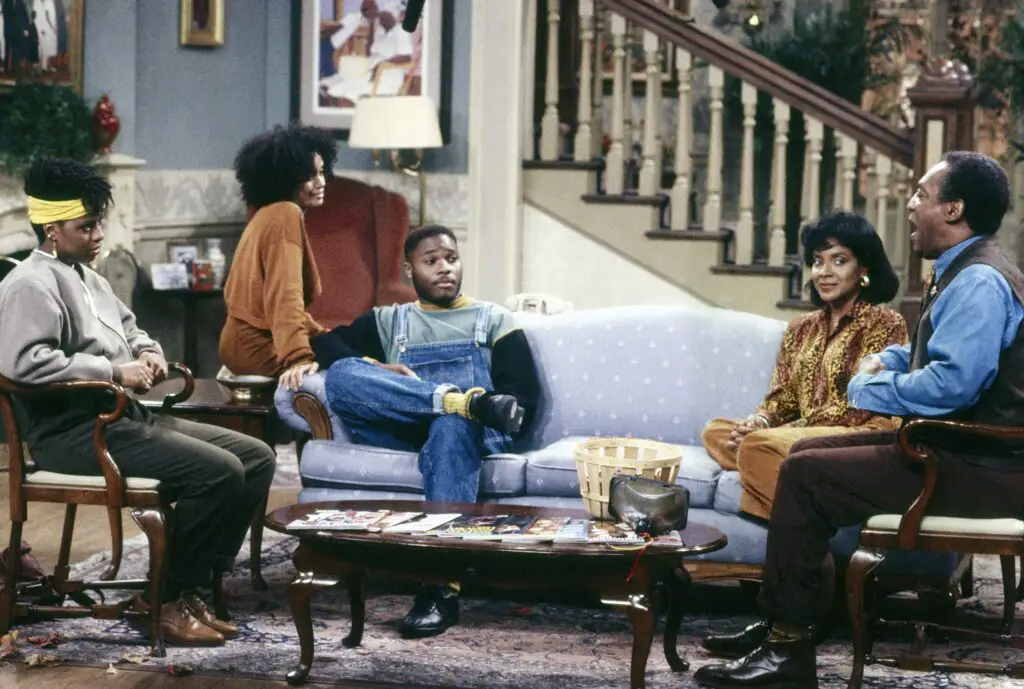
No kid believed this the first time they heard it. You were like, “How? I’m the one crying.” But over time, you started to get it. Discipline didn’t come easy to the people who loved you.
They weren’t trying to scare you—they were trying to raise you right. And sometimes, that meant doing the hard thing. This phrase was a warning that consequences were coming, but also a soft place underneath it all. It said, “I love you enough to correct you, even if I hate doing it.”
10. “Ain’t nothing open after midnight but legs and trouble.”

This one hit different once you got older and started going out. It wasn’t just about curfews—it was about avoiding messes. The idea was, if you’re out too late, you’re bound to find the wrong kind of company. And your mama was not about to be waking up to phone calls from the police or worse.
It was her way of saying, “I know what’s out there, and you don’t need to find out the hard way.” It wasn’t judgment—it was experience talking. The warning was clear: get home, stay safe, and don’t test fate. And let’s be real, most of us realized later just how right she was.
11. “Don’t let your mouth write a check your behind can’t cash.”
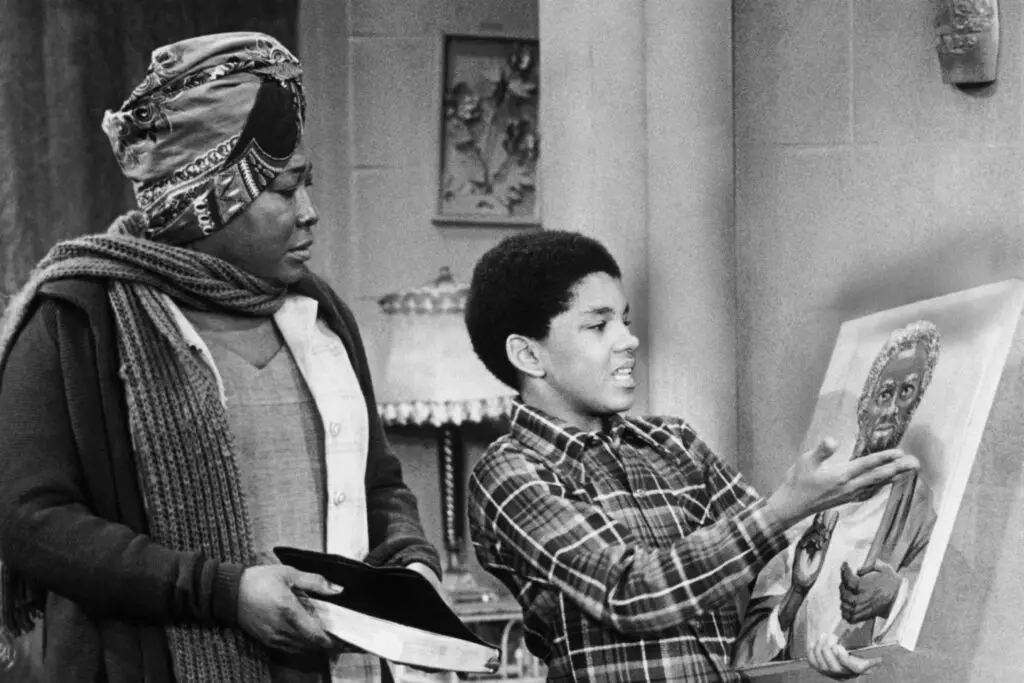
This one usually came when you were getting slick with your words. It was a direct hit to the ego, reminding you to humble yourself before you got humbled. Talking back or mouthing off could earn you more than just a scolding—it might land you in real trouble. The phrase warned you to match your talk with wisdom.
It was also about understanding your place in the moment. Confidence is good, but too much unchecked attitude? Not so much. This phrase was a caution to think before speaking and to know your limits. And once you heard it, you usually got quiet real quick.
12. “Because I said so.”
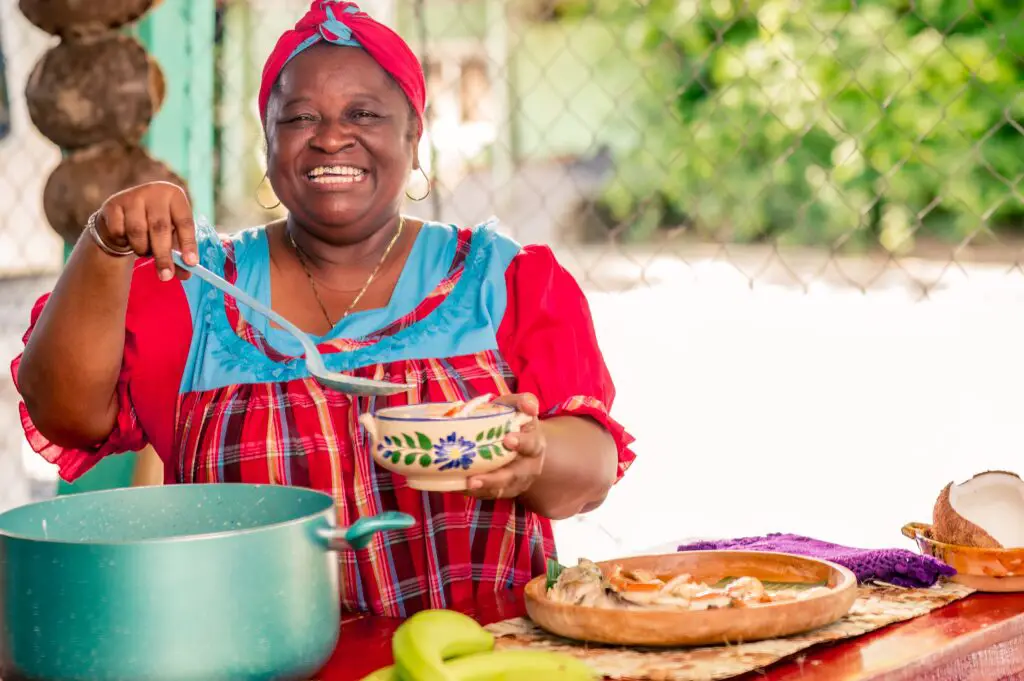
Ah, the final word. The end of any debate, argument, or plea. No explanation needed—just pure authority. You might’ve asked “why” thinking you were making a solid case, but this shut it down in four words flat.
It wasn’t about control—it was about trust. Your parents wanted you to understand that sometimes, they knew what was best without having to justify it. This phrase was a boundary, but also a promise: “I’m looking out for you, even if you don’t get it yet.” And eventually, you understood that was the real answer all along.
13. “You better act like you got some sense.”

This usually came right before heading into church, a family gathering, or somewhere your parents needed you to behave. It wasn’t just about manners—it was about representing the whole family with pride. You were expected to sit up straight, say “yes ma’am” and “no sir,” and not show out. And if you didn’t? You already knew you were getting that quiet whisper threat that somehow felt louder than a yell.
The warning wasn’t just about how you acted—it was about how you were raised. Your parents weren’t going to let anyone think they didn’t teach you right. This phrase reminded you that your behavior reflected your whole household. It was about pride, dignity, and protecting the family’s name.
14. “Don’t start nothing, won’t be nothing.”

This one taught you early not to go picking fights you couldn’t finish. Whether it was a sibling spat or some schoolyard drama, you were warned to keep your cool unless you had to speak up. It wasn’t about being scared—it was about being smart. You didn’t go around stirring up trouble for no reason.
But at the same time, this phrase gave you permission to defend yourself if needed. It taught you balance, timing, and restraint. You learned that peace was valuable, but not weakness. And if someone else started something? Well, all bets were off.
15. “What you do in this house stays in this house.”

This one was sacred in a lot of families. It wasn’t about hiding things—it was about loyalty and trust. You didn’t go telling folks your business, especially not the family’s business. That included teachers, friends, and anyone who didn’t live under your roof.
It taught you early on how to be discreet, and how to protect what was personal. Your family was your circle, and not everything needed to be shared with the world. This phrase was a warning and a lesson in boundaries. It told you that privacy was power.
16. “I’m not one of your little friends.”

That one snapped you back to reality fast. If you ever got too comfortable joking or talking slick, this was the line that reminded you your parent wasn’t your peer. It might have come after you rolled your eyes or used a tone that flew a little too close to disrespect.
It was about authority, but also about structure. Your parents weren’t trying to be the “cool mom”—they were trying to raise you. And while there was love, there was also order. This phrase was the boundary line, plain and simple: “We’re not equals, and don’t get it twisted.”
17. “You ain’t grown.”

This was a reality check in eight letters. Maybe you tried to storm off, make a bold decision, or act like you could do what you wanted. This phrase reminded you just how many things you didn’t yet understand. No matter how tall you got or how deep your voice was getting, you were still under someone’s roof—and rules.
It was a way of saying, “Slow down, life’s coming soon enough.” They weren’t being harsh—they were trying to protect you from rushing into adult responsibilities too early. This phrase pulled you back to the present and reminded you to enjoy your youth. Because being grown? That bill-paying, tired-all-the-time kind of grown? It wasn’t as fun as it looked.
